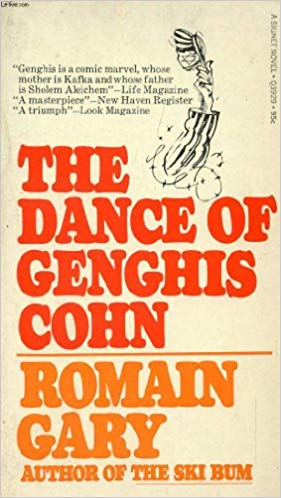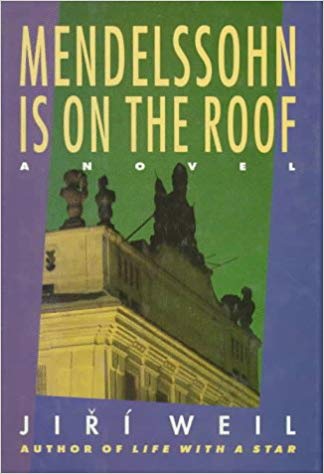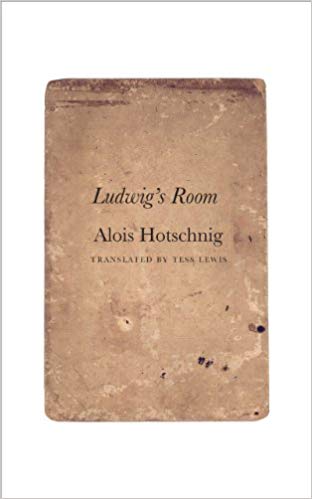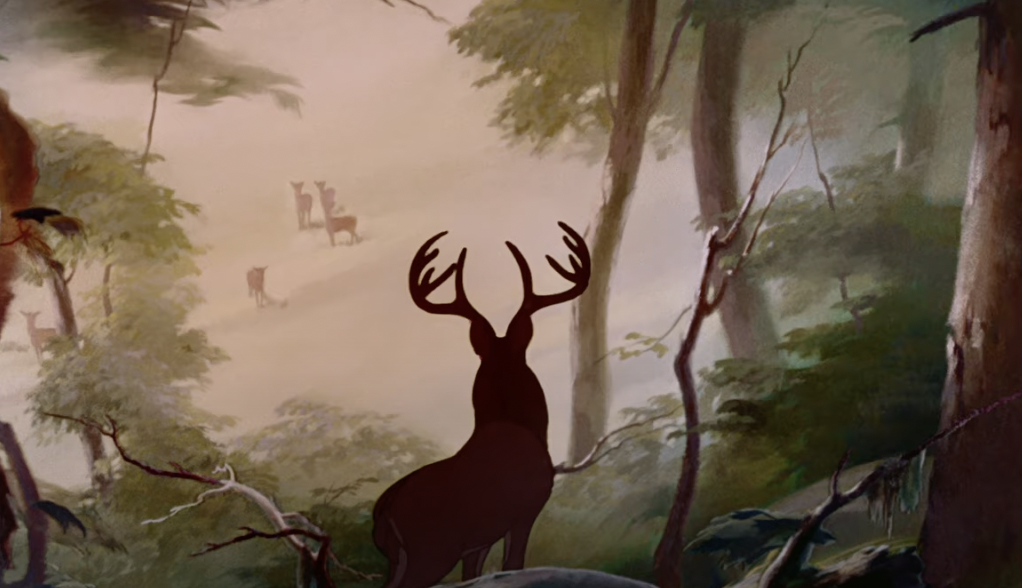Reading Lists
7 Strange and Brilliant Holocaust Novels You’ve Probably Never Even Heard About
Bram Presser, author of "The Book of Dirt," suggests underappreciated fiction for Holocaust Remembrance Day

Like many Australian Jews of my generation, I grew up in the shadow of the Holocaust. My grandparents were survivors, the kind who fled to a faraway land where they wouldn’t have to speak of the horrors they had endured. I revered them, awed by the very fact of their survival, and did not dare ask questions. Instead, I sought some kind of understanding in the vast, overcrowded field of Holocaust literature. I began with the classics: the survivor memoirists and novelists around whom the canon has been built. From there, the pickings were endless. With every book I devoured, I recast my grandparents as the central characters, sending them back to their unspeakable, private hells.
Deeper into the labyrinth I ventured, hundreds upon hundreds of books, mostly novels. The more I read, the more I began to notice a disappointing sameness to many of them. In the 75 years since the Holocaust, much of its literature has come to fit into neat narrative templates. At best, we see variations on a theme, triumph over unimaginable adversity, usually riffing on recurring tropes that border on cliché. At worst, we get schmaltzy dreck that minimizes, sanitizes, or otherwise distorts what happened. Casual readers could be forgiven for dipping into a couple and moving on, convinced they’d read what they need to about the subject. But every now and then there will be those small few exceptions, novels so astoundingly original, so daring, that they will demand the attention of even the most seasoned, fatigued readers. Here are seven Holocaust novels that smash the template.
Mr. Theodore Mundstock by Ladislav Fuks
In occupied Prague, Mr. Theodore Mundstock sets up a mock concentration camp in his apartment to acclimatize to his fate. Accompanied only by his shadow (both Greek chorus and devil’s advocate) and some weird bird-like creature, he lays out a wooden board, practices stockpiling scraps of food and simulates assaults by over-zealous camp guards. He also acts as self-appointed bringer-of-hope to those around him, promising his neighbors that they need not fear deportation as the war will end before ‘the Spring”. It is as sad as it is calculated. Is he just mad or do these baseless promises help the others survive? Mr. Theodore Mundstock is one of the best, albeit strangest, novels I have read. With generous scoops of both comedy and tragedy, it confronts very difficult issues of morality and honesty in times of crisis, all the while questioning what amounts to rational action when the entire framework of rationality has collapsed.
The Dance of Genghis Cohn by Romain Gary
Moishe Cohn was a small-time clown on the Yiddish burlesque circuit. Murdered at Auschwitz, his last and most glorious prank happened at the moment of death: he turned around and bared his butt at the firing squad. Twenty-five years later he is still up to his old tricks, albeit only in spectral form, possessing and messing with the mind of the man who killed him. Detective Schatz, formerly SS officer Schatz, is a high-ranking policeman in a small German town where he is enmeshed in an investigation into a series of murders. Gary mines this rather wacky setup to hilarious comic effect, but in doing so manages to tackle some very big issues—complicity, reconciliation, retribution and the absurdity of de-Nazification. It is as disturbing as it is funny.
Trieste by Daša Drndić
When Daša Drndić died last year, the world lost one of its finest and most challenging writers. Trieste is, without a doubt, her greatest work. A masterclass in documentary fiction, it seamlessly weaves photographs, maps, Nazi documents and transcripts from the Nuremberg trials into the narrative, to tell the story of Haya Tadeschi and her relationship with the Nazi monster, Kurt Franz. The novel begins at the end: Haya is sitting alone in a nursing home, sifting through old photos, awaiting the arrival of a son she gave away as part of the Lebensborn program and had long presumed dead. What follows is a complex and harrowing meditation on the sliding doors of history in which the conventional fact/fiction divide is blurred beyond recognition. At times, the documentary elements are used to staggering effect. One chapter is just a list of the 9,000 Italian Jews killed during the war. Dizzying.
Mendelssohn Is On The Roof by Jiri Weil
The rank absurdity of the Nazi obsession with racial theories has never been so hilariously derided than in Weil’s 1960 novel set in occupied Prague. Acting Reichsprotector Heydrich is giving an architectural tour to a visiting German dignitary, waxing lyrical about the Baroque style and gothic features of the various buildings. Heydrich plans the tour to end at the opera house, and to prepare for this grand finale he orders that a statue of the Jewish composer Mendelssohn be removed from the roof. Of course, the SS men given the task have no idea which statue is Mendelssohn, so they revert to stereotype and try to smash the one with the biggest nose. That, it transpires, is Wagner. They eventually get it right, toppling Mendelssohn, but leaving him on the roof, from where he comes to life to seek revenge. It is all very Don Giovanni which, not coincidentally, is the very opera Heydrich and his guest are watching inside.
Ludwig’s Room by Alois Hotschnig
Ghosts, both literal and metaphorical, haunt this extraordinary novel that reckons with one village’s collective responsibility for wartime atrocities. Kurt Weber inherits his great uncle’s country house and goes through the one door he was never allowed to open as a child. As with any good horror story, what he finds inside cannot be good, but here the frights come in the form of revelations—fragmented and hallucinatory—about his family’s involvement in the operation of a nearby concentration camp and their desperate attempts to bury the evidence afterwards. The deeper Weber digs, the more he comes to realize it’s not just his family but all his neighbors who share in the guilt. A damning indictment on the ease with which one slips from bystander to perpetrator.
The Hollow Bones by Leah Kaminsky
The decaying pelt of a stuffed panda narrates a good chunk of this novel that reimagines one of the strangest episodes of the Nazi era. It’s 1938 and Ernst Schaeffer, unswervingly ambitious scientist and explorer, is tapped by the SS to lead an expedition to Tibet to discover the origins of the Aryan race. Nazi ideology swiftly poisons his worldview, as he sacrifices everything to ambition, including his fiancée, Herta. The Hollow Bones is a taut, if absurd, adventure that is unafraid to ask big questions. More conventional novels have explored similar ground—what happens when science and ideology collide—but few have used such an obscure and thrilling historical footnote to do so. And, for what it’s worth, you can even visit the panda at the Philadelphia Museum of Natural History if you happen to be in the neighborhood.
The Nazi and the Barber by Edgar Hilsenrath
In terms of rank brutality, moral bankruptcy and the banality of evil, Hilsenrath’s extraordinary novel knows no equal. Breaking every template in the Holocaust narrative playbook, it tells the story of Max Schulz, a ruthless concentration camp guard who, after the war, assumes the identity of his dead childhood friend Itzig Finkelstein and escapes to Palestine. There he becomes a fighter alongside the very people he had been actively trying to exterminate, helping in their struggle to establish a homeland. Schulz is a truly grotesque creation, constantly seeking to shift blame and present himself as just a regular guy swept up by circumstance. It’s an uncomfortable and, at times, repulsive read. Yet, as a satire of German post-war reckoning, it’s also outrageously funny. Little wonder Hilsenrath, himself a Holocaust survivor, struggled to find a publisher in his homeland.
















